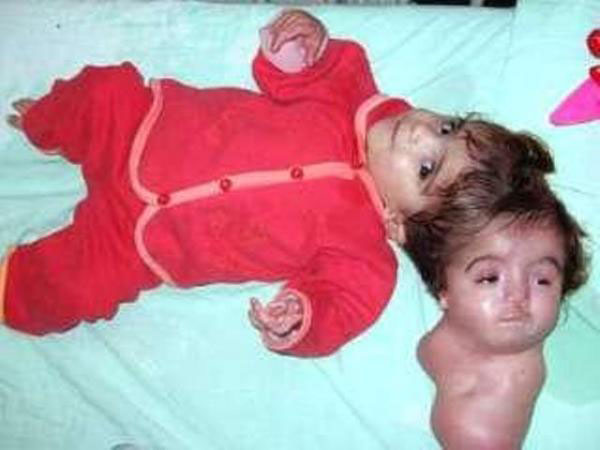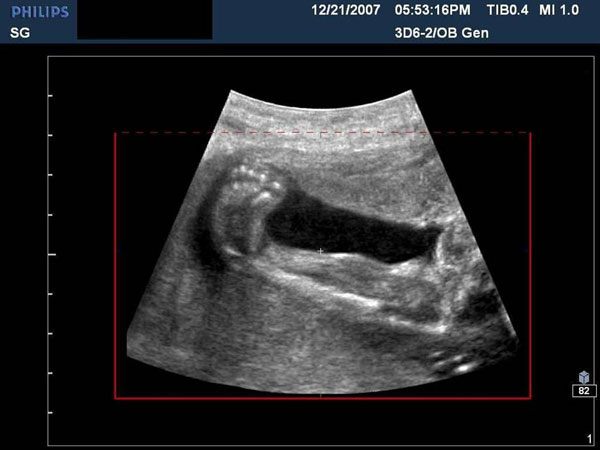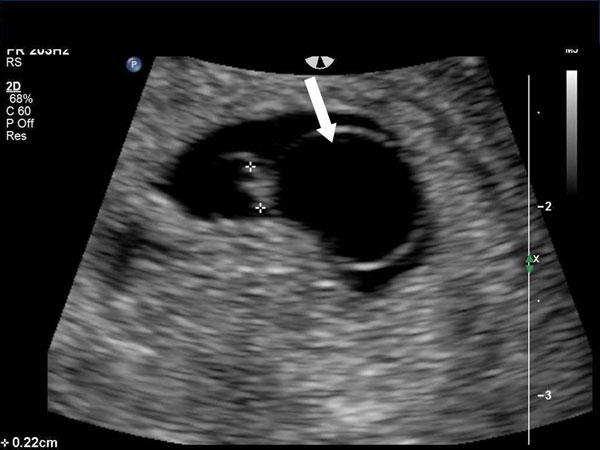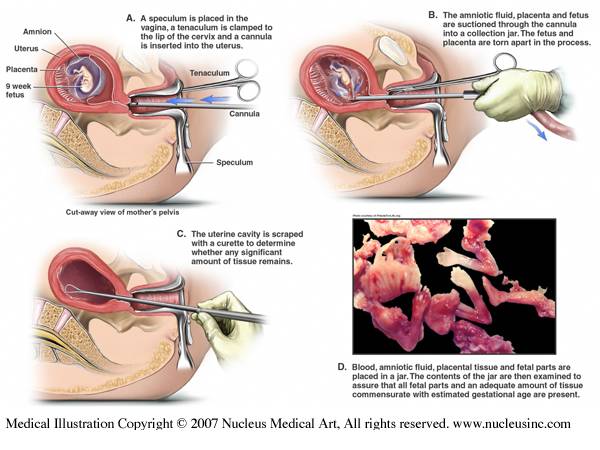Congenital diseases are nothing but birth defects and abnormalities in babies. Read on to learn more about congenital diseases.One of the most common concerns of pregnant mothers is congenital diseases. Most of them are worried if their baby will be at risk of congenital diseases or not. Many of them take a lot of precautions to protect their babies from such disease. To avoid the risk of congenital diseases, it is necessary for couples who are planning a baby to be aware of such diseases and to know what they can do to protect their baby from such risk.
When should I be worried about congenital diseases?
Your baby has a higher chance of having congenital disease if she falls in any of the three reasons given below. Note that there could be many other reasons for congenital diseases also.
- Congenital diseases in the previous baby
- History of congenital anomalies in the family which are likely to be repeated
- Maternal age is above 35, then there is a higher chance of the baby getting Down's Syndrome
How are abnormalities in the baby detected?
Down's Syndrome (more common in women over 35) and many other genetic disorders can be diagnosed by performing an in-utero test. The doctor will generally ask for an alphafeto-protein (AFP) test before asking the mother to undergo amniocentesis. Once deformities in the baby have been diagnosed, the difficult decision of whether to keep the baby or terminate the pregnancy has to be made.
What tests can detect congenital diseases?
Here is the list of tests that can help to detect congenital diseases in foetuses.
- Triple test - Serum AFP, Serum Estriol, Beta hCG - in the first trimester
- Ultrasonography in the first trimester (around 10-12 weeks) to look for any transluscency in the neck region
- Amniocentesis
What are the other causes of congenital diseases?
Here are some of the other factors that can be responsible for development of congenital diseases in babies.
Alcohol Consumption
Alcohol consumption during pregnancy is very risky. It can increase the risk of birth defects like brain damage, abnormalities in kidney, mental retardation, intellectual disorders, abnormalities in eyes or vision, cleft lip and palate and abnormalities of skull and face.
Exposure to Toxic Substances
Some chemical and industrial products or waste have potential to cause birth defects. Such products are known as teratogens. If pregnant mothers come in contact with such products their babies can be at risk of developing birth defects or congenital disorders. Such hazardous chemicals and products include items like mercury, lead, polychlorinated biphenyl, arsenic and cadmium, carbon monoxide, pesticides, glycol ethers, organic solvents, toluene, xylene, methyl ethyl ketone (MEK) etc.
Exposure to X-Rays and Radiations
The radiations emitted during x-rays can be hazardous for pregnant women. Such radiations have potential to cause birth defects like mental retardation, deformities in foetus and other abnormalities. Such radiations can even cause miscarriage.
Consumption of Certain Medication and Drugs
Here are some tips for preventing congenital disease or birth defects in babies.
- Talk to your doctor before planning a baby if you have a family history of birth defects, birth defects in previous baby or you are planning a baby after the age of 35.
- Avoid taking any medication without consulting your doctor during pregnancy.
- If you are already on any medication and if you get pregnant, inform your doctor about it.
- Consult your doctor if you are coping with any medical condition and are planning a baby or get pregnant with it.
- Avoid exposure to x-rays or any other radiations.
- Avoid coming in contact with toxins and harmful chemical as mentioned above during pregnancy.
- Avoid smoking, taking alcoholic drinks and recreational drugs during pregnancy.
It is very necessary to take right precautions during pregnancy in order to protect the foetus from congenital diseases. Follow the above mentioned precautions for protecting your baby and for its healthy growth and development.































